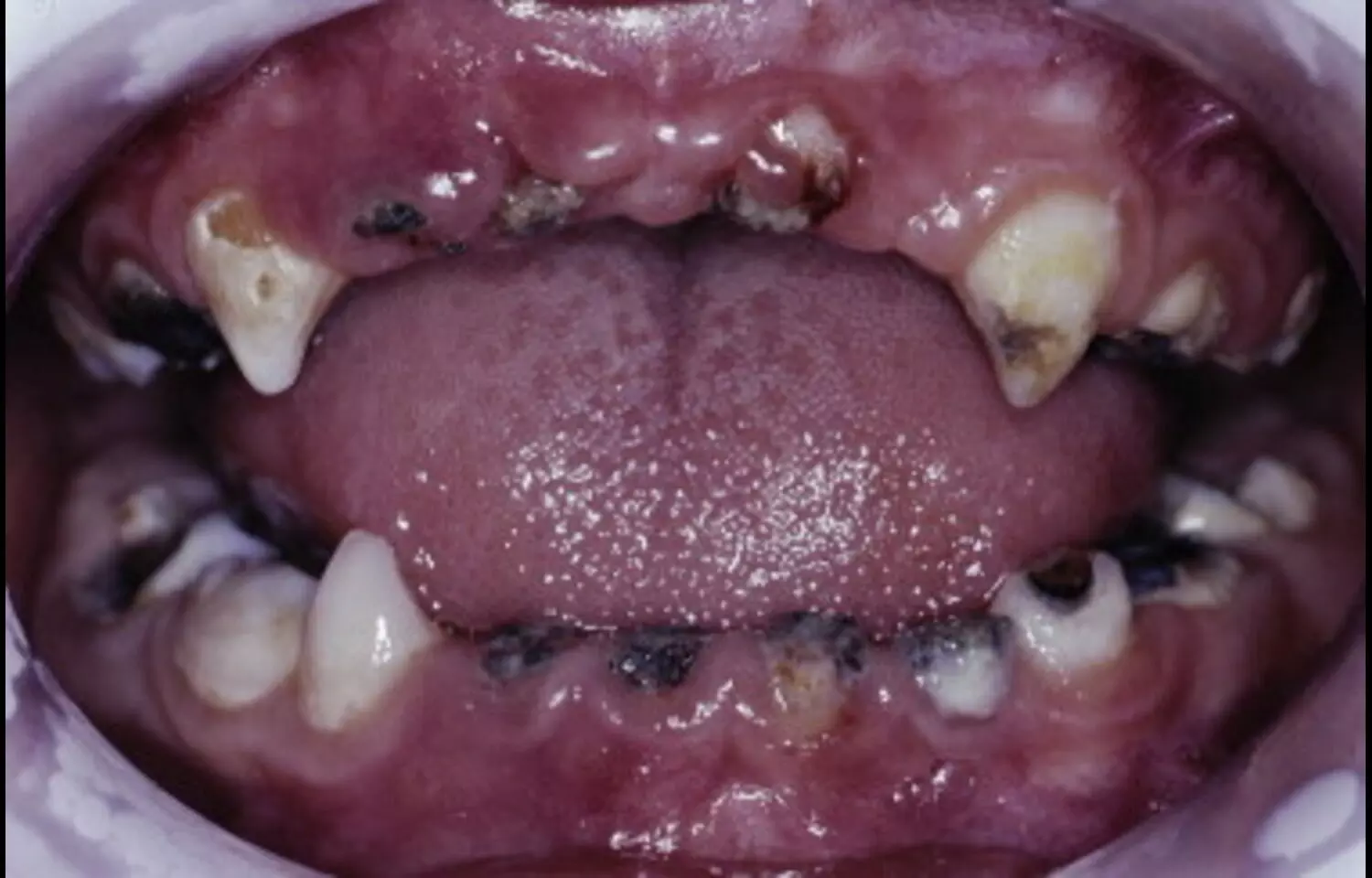Dental Caries and BMI have bidirectional association among Deprived Adolescents, suggests study
By Dr. Shravani Dali
Copyright medicaldialogues

Adolescence is a critical period for both oral and overall health, with nutrition, growth, and dental development closely interlinked. New evidence has shed light on a bidirectional association between dental caries and body mass index (BMI) among adolescents living in deprived communities, underscoring the complex interplay between malnutrition and oral disease. Researchers have found that adolescents with persistently low BMI are at higher risk of developing dental caries. Poor nutritional intake in underweight individuals may weaken enamel integrity and compromise immune response, leaving them more susceptible to oral infections. At the same time, repeated dental pain and infection may further impair dietary intake, reinforcing a cycle of poor growth and oral ill-health. On the other end of the spectrum, the study also revealed that adolescents experiencing increasing caries and related oral infections were more prone to higher BMI z-score increases over time. This may reflect greater consumption of sugar-rich diets, which not only contribute to caries progression but also predispose to excess weight gain. Thus, dental caries may act as both a marker and contributor to adverse nutritional trajectories in deprived populations. These findings highlight the urgent need for coordinated strategies that simultaneously address malnutrition and dental caries in adolescents, particularly those in socioeconomically disadvantaged settings. Interventions should integrate dietary guidance, caries-preventive oral care, and community-based health promotion programs. Schools may serve as key venues for screening and implementing preventive measures such as fluoride varnish application, oral hygiene education, and healthier dietary policies. The study emphasizes that tackling either condition in isolation may be insufficient. Instead, holistic, integrated approaches targeting both oral health and nutrition could reduce the burden of caries, improve growth outcomes, and contribute to long-term health equity. Further longitudinal research is warranted to refine causal mechanisms and design interventions that can break this harmful cycle. Keywordsdental caries, body mass index, BMI z-score, adolescents, deprived communities, malnutrition, oral health, nutrition, bidirectional association, public health strategies ReferencePatel R, Singh A, O’Malley L, et al. Bidirectional association between dental caries and body mass index among deprived adolescents: findings from a prospective cohort study. Community Dentistry and Oral Epidemiology. 2025. doi:10.1111/cdoe.12987



